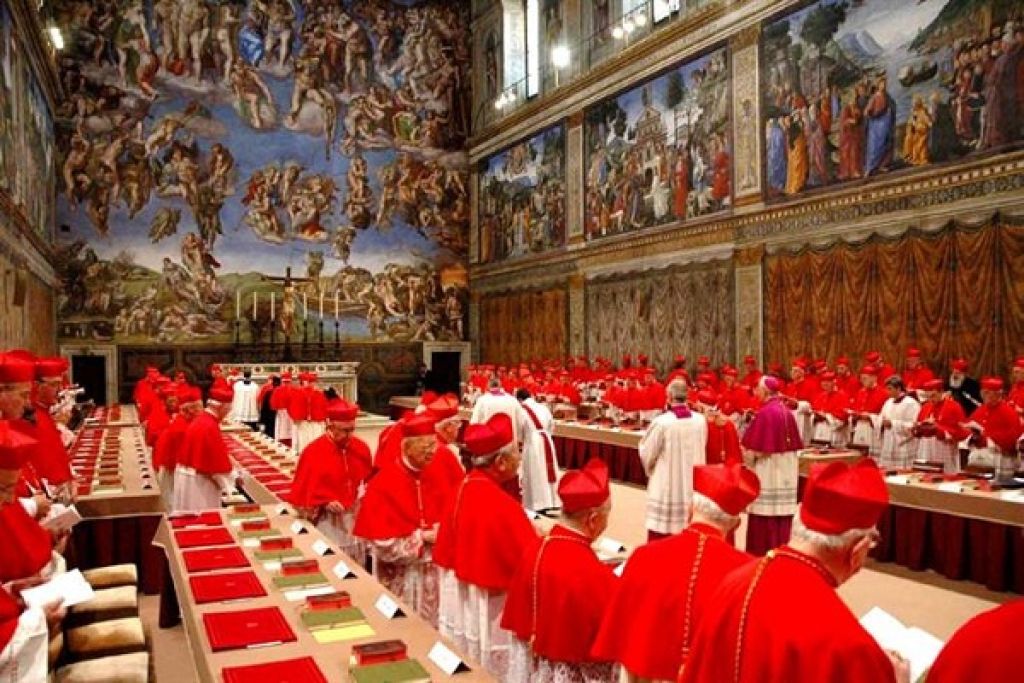[ad_1]
(Reuters) – Hunters who kill elephants in Zimbabwe can now bring trophies of their hunt back to the United States under a new rule proposed by the Trump administration that outraged animal activists just a day after the White House said the decision was not yet final.
Early word of the planned change had drawn protests from conservationists, who said it could deplete already at-risk elephant populations. It also caused a social media firestorm, with opponents posting photos of President Donald Trump’s sons Donald Jr. and Eric, avid hunters, posing with dead wild animals.
Amid the backlash to reports that the move would apply to two southern African countries – Zimbabwe and neighboring Zambia – White House spokeswoman Sarah Sanders told reporters on Thursday afternoon that no announcement had been finalized.
But in an official notice published on Friday in the Federal Register, the U.S. Fish and Wildlife Service (FWS) said it had concluded that the killing of African elephants in Zimbabwe as trophies, between the dates of Jan. 21, 2016, and Dec. 31, 2018, “will enhance the survival of the African elephant.”
The move, which reverses a policy implemented by Trump’s predecessor, President Barack Obama, was disclosed by FWS officials attending a meeting in Tanzania this week that was organized by a pro-trophy hunting group.
The officials had said Zambia would also be covered by the change, but only Zimbabwe was mentioned in Friday’s notice. The White House did not immediately respond to a request for comment.
Africa’s elephant population plunged by about a fifth between 2006 and 2015 because of increased poaching for ivory, a coveted commodity used in carving and ornamental accessories in China and other parts of Asia, the International Union for Conservation of Nature said last year.
Wildlife activists argue that corruption is endemic in impoverished Zimbabwe, and money generated by big game hunting and meant for conservation has been diverted into the pockets of crooks and poachers.
The FWS said there are an estimated 83,000 elephants in Zimbabwe, and that the local authorities’ conservation plan helped it make the decision.
The anger over the change revived memories of the 2015 controversy when a Minnesota dentist killed a lion nicknamed “Cecil,” after he was lured out of a Zimbabwe national park.
Zimbabwe was thrown into chaos this week when the army took charge, appearing to signal the end of long-serving President Robert Mugabe’s reign, despite the 93-year-old’s insistence that he remains in charge.
Reporting by Jon Herskovitz in Austin, Texas; editing by Daniel Wallis and G Crosse
[ad_2]
Source link






Leave a Reply